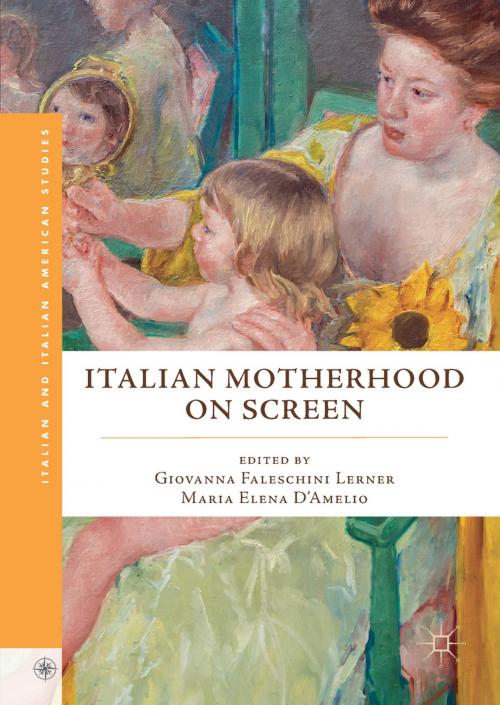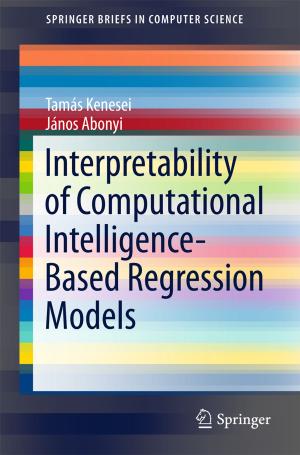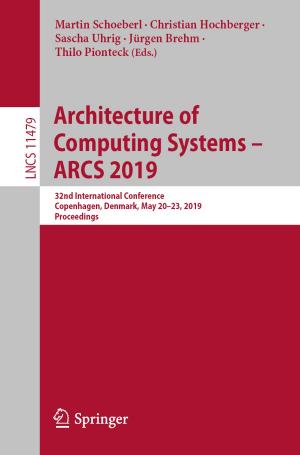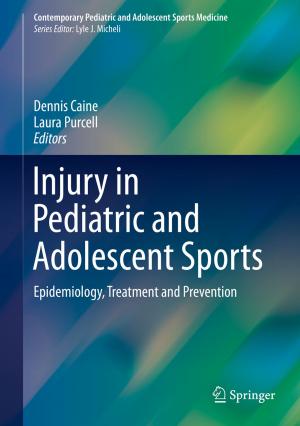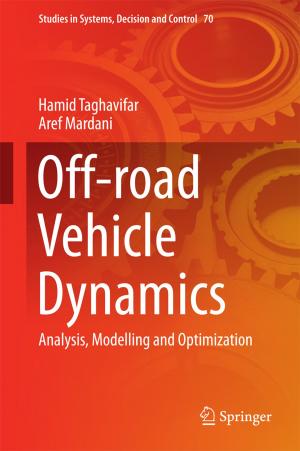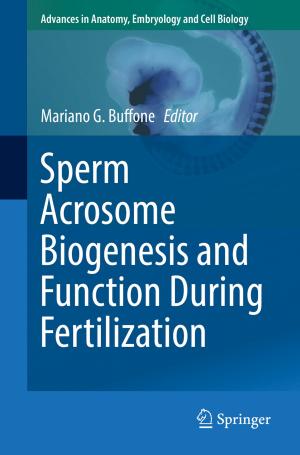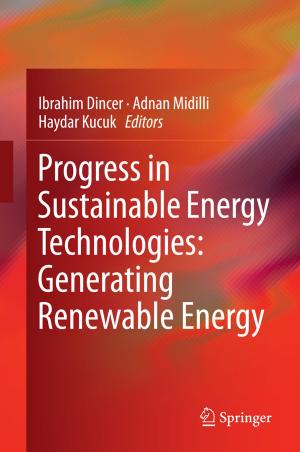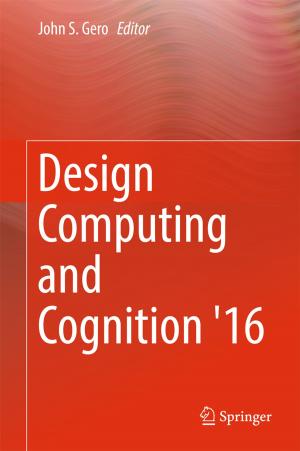| Author: | ISBN: | 9783319566757 | |
| Publisher: | Springer International Publishing | Publication: | October 14, 2017 |
| Imprint: | Palgrave Macmillan | Language: | English |
| Author: | |
| ISBN: | 9783319566757 |
| Publisher: | Springer International Publishing |
| Publication: | October 14, 2017 |
| Imprint: | Palgrave Macmillan |
| Language: | English |
This book is the first scholarly analysis that considers the specificity of situated experiences of the maternal from a variety of theoretical perspectives. From “Fertility Day” to “Family Day,” the concept of motherhood has been at the center of the public debate in contemporary Italy, partly in response to the perceived crisis of the family, the economic crisis, and the crisis of national identity, provoked by the forces of globalization and migration, secularization, and the instability of labor markets. Through essays by an international cohort of established and emerging scholars, this volume aims to read these shifts in cinematic terms. How does Italian cinema represent, negotiate, and elaborate changing definitions of motherhood in narrative, formal, and stylistic terms? The essays in this volume focus on the figures of working mothers, women who opt for a child-free adulthood, single mothers, ambivalent mothers, lost mothers, or imperfect mothers, who populate contemporary screen narratives.
This book is the first scholarly analysis that considers the specificity of situated experiences of the maternal from a variety of theoretical perspectives. From “Fertility Day” to “Family Day,” the concept of motherhood has been at the center of the public debate in contemporary Italy, partly in response to the perceived crisis of the family, the economic crisis, and the crisis of national identity, provoked by the forces of globalization and migration, secularization, and the instability of labor markets. Through essays by an international cohort of established and emerging scholars, this volume aims to read these shifts in cinematic terms. How does Italian cinema represent, negotiate, and elaborate changing definitions of motherhood in narrative, formal, and stylistic terms? The essays in this volume focus on the figures of working mothers, women who opt for a child-free adulthood, single mothers, ambivalent mothers, lost mothers, or imperfect mothers, who populate contemporary screen narratives.
